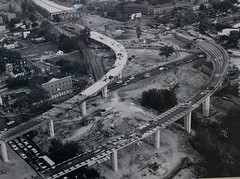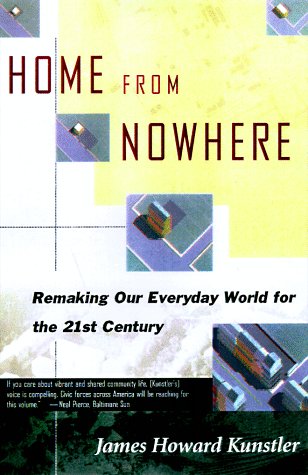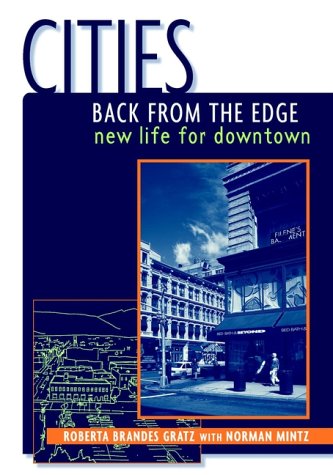Baby steps to the future
The transportation and land use paradigm won't change substantively on January 20, 2009 and it probably won't change that much in the next authorization of the transportation bill.
So I agree with bloggers like The Overhead Wire ("Perhaps I Have Had Too Much Hope") and not Ryan Avent ("Roads") about investment in infrastructure in part as a stimulus program to jumpstart the U.S. economy. Sure more money will be spent on fixed rail and other forms of transit, but it's such a small amount compared to the need, and there are, as always vultures on the horizon (see "Georgia on track for piece of railroad action" from the Atlanta Business Chronicle) such as Senator Johnny Isakson of Georgia, ready to put forward legislation to carve off potentially profitable pieces for the private sector, making it that much more difficult for government-owned transit systems to make ends meet.
As someone remarked somewhere, would that President Elect Obama have mentioned FDR and the Works Progress Administration as an example rather than President Eisenhower and the Interstate Highway System.

SE-SW freeway under construction, near 8th Street SE, 1971. DC Department of Transportation photo.
Think about the land use paradigm in terms of these three books, which if you have the time to only read a little bit, read these three. The first (Home from Nowhere) has to do with how we use land and the value of urban design--also summarized in this article, "Home From Nowhere" from the Atlantic Monthly. The second, Cities: Back from the Edge, is about how to rebuild center cities. The third, Cities in Full, is about the link between commerce, housing, and transportation and the need to "recentralize."



and recognize that we are in a historical moment, perhaps able to help the country make this shift. If it can happen by the end of two Obama Administrations then we will have accomplished a great deal.
Note that much of the talk about how the housing crash is due to providing subprime loans to poorer people, particularly low income and/or minority, is sort of bullshit. The real problem was providing loans at any cost to maintain what we might call a sprawl economy focused on building more and more housing, farther and farther from the core, dependent on the automobile to get around.
Labels: electoral politics and influence, housing, infrastructure, transportation planning



0 Comments:
Post a Comment
<< Home